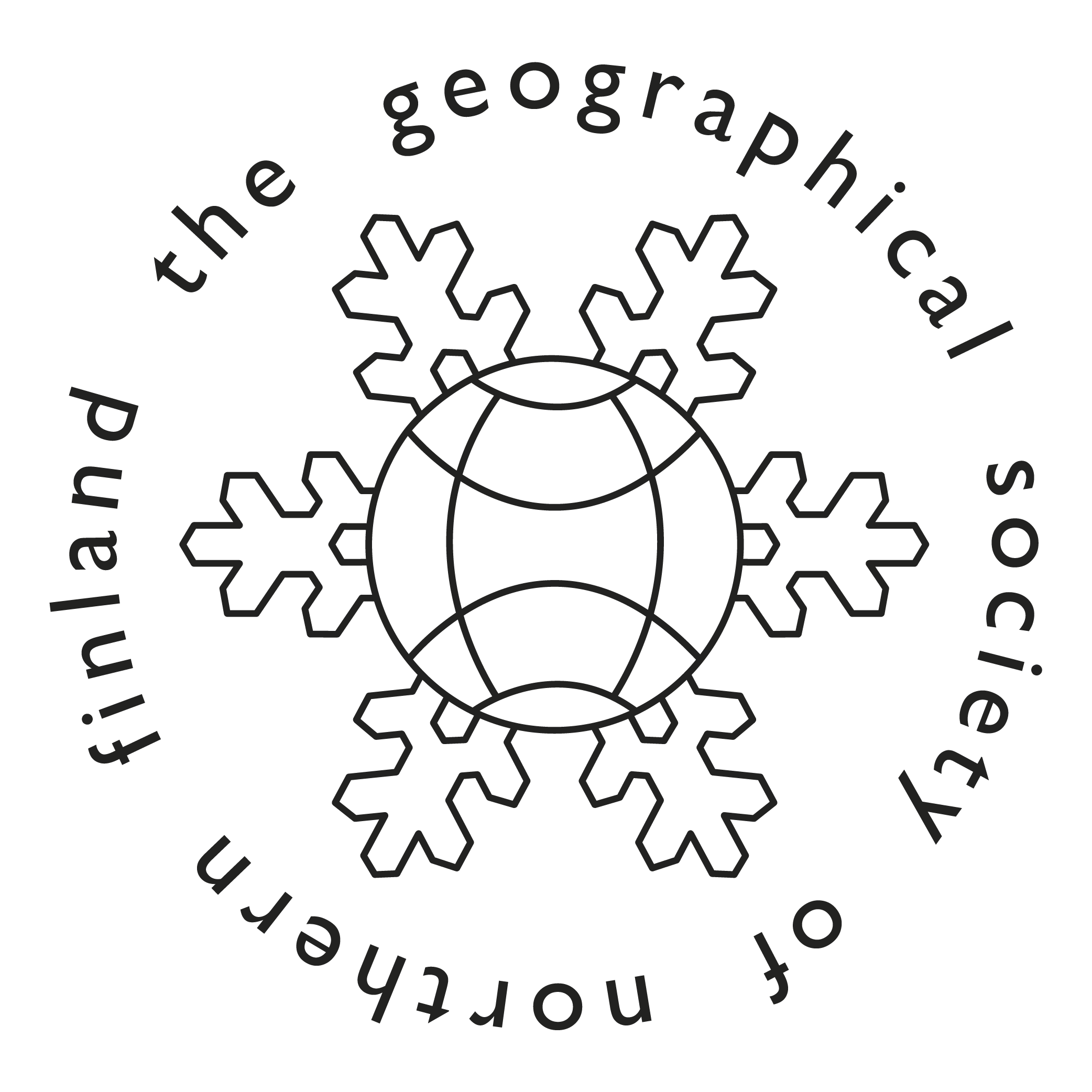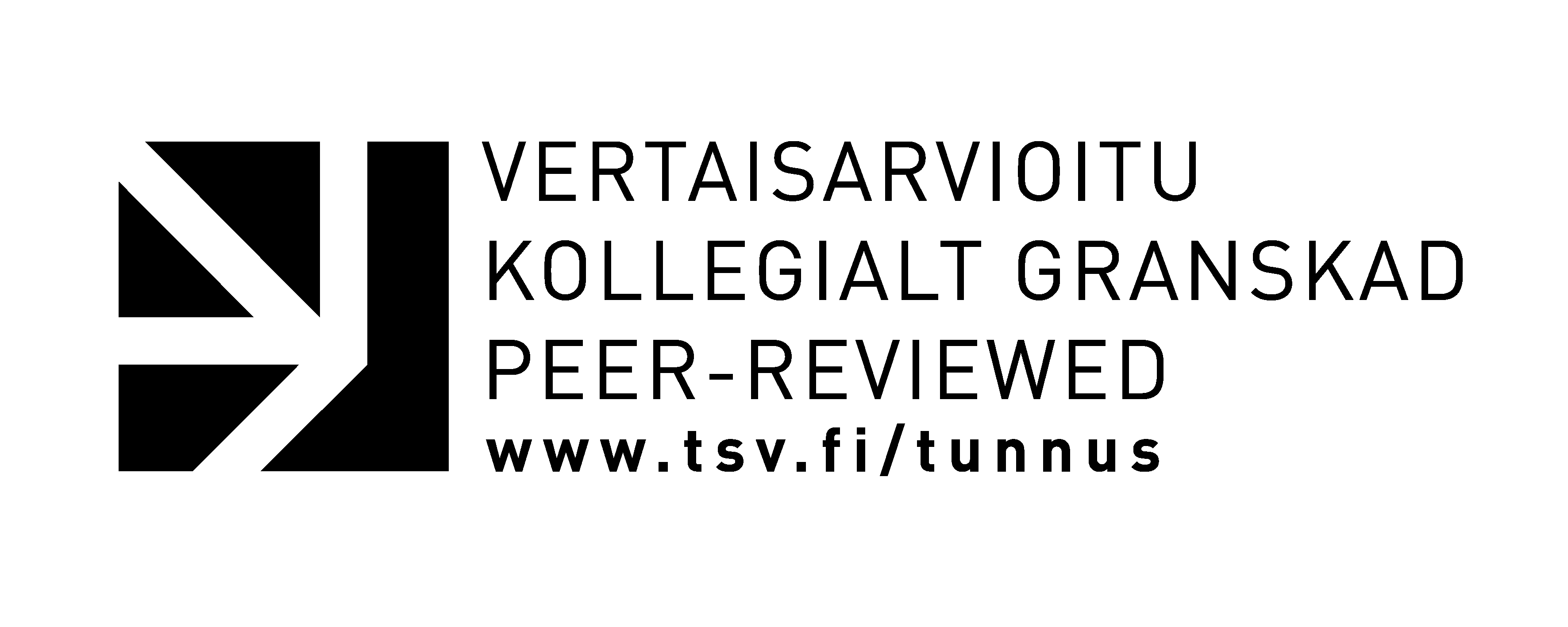Life's work in the city without ground: Cross-border family politics between Shenzhen and Hong Kong
Abstrakti
How do we evaluate our life’s work, the reflexive understanding of our role in the reproduction of society, in the city without ground? How is space produced between two metropolises constituted of air-conditioned passageways, concourses and tunnels that aim to disorientate the traveller with capital? To involve the reader in these questions, this sensory ethnography takes the reader on a journey across a series of reconstructed sites, from a study-centre classroom with a view of the border fence to immigration control points separating Hong Kong from Shenzhen and barricades erected by protesters on the occupied streets of Hong Kong Island. At each of these sites, the reader joins the author in interpreting multiple examples of the cross-border family’s strategies for dealing productively with the friction produced by territorial, economic and embodied borders. Over the dissertation’s course, these draw a “counter-topography” (Katz 2001) that highlights the productive and violent frictions created by individual and collective interventions in existing systems of assigning citizenship through genealogical inheritance.
The aim of this dissertation is to bring the family back into scholarly studies of borders and global inequality – not as a tool for defining binary gendered systems of inheritance, but as a flexible pragmatic regime in which we learn to become tolerant of difference and work strategically together. It argues that families are a critical factor in the reproduction of borders. Family, state and enterprise regimes learn from and depend on each other. Over our lifetimes, these regimes use inherited logics of gender and sexual reproduction to shape our life’s work. This dissertation argues that members of cross-border families are experts in strategically engaging with inequality. Because of this, they can offer scholars and policymakers strategic advice on how their policies are pragmatically used
as tools for individual and family development. The dissertation develops its conclusions by addressing three interrelated questions: How is the Hong Kong–Shenzhen border reproduced in the lives of its practitioners, what does this mean for how borders address global inequality, and what is the role of space in the performance of cross-border family politics?
It addresses these questions by observing the tension between the dreams of individuals and the inherited possibilities assigned to them by immigration departments and family wealth through property ownership. Border control, the city, family or the workplace do not constitute a singular experience, but are instead constructed uniquely for each traveller based on internal and external inheritances. Within each experience of border crossing, this dissertation finds a tension of authenticity, resolved through emotional labour – the presentation of an outward expression of feeling contrary to a deeply held personal feeling (Hochschild 1983). The intimate event of family formation – the act of love – is what those who justify inherited borders of gender, nationality and property ownership propose liberates its participants through rewarding emotional labour. However, this simultaneously entails the next generation in the very genealogical structures they propose such events evade (Povinelli 2006). These emotional frictions hold this system of inequality together while producing valuable heat for participants that justify their complicity in the reproduction of borders. Families and other intimate relations, act topologically, twisting, turning and folding through topographical spatial structures to simultaneously support and extract value from them.
Feelings matter. It is through our learnt structures of feeling that we consciously and subconsciously respond to and develop new spaces through encounters with difference. This study finds that our current order is critically dependent on the transmutation of emotional “tolerances” for the genealogical “order of things” across generations (Brown 2006). Borders and mobility, this dissertation proposes, are not universally evil; rather, they are co-constructed as integral “genres” of ideas based on historical experience that produce a multiplicity of violence and sovereignty. If we take the time to listen to those who love across distance, they can draw guides for us to make the best use of the friction produced by the discursive, material and economic interdependence of families,
states and enterprises.







